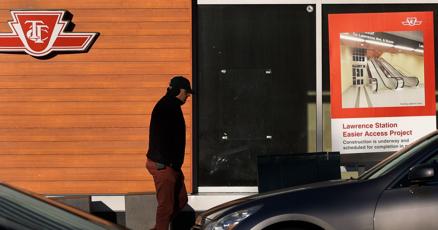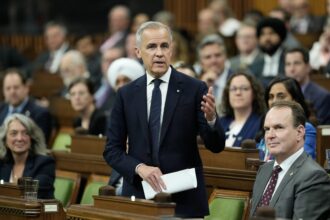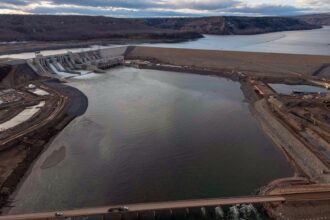As thousands of runners lace up for the Toronto Marathon this Sunday, commuters across the city face significant transit disruptions affecting over 30 bus and streetcar routes. The annual event, while a celebration of athletic endurance, creates a complex transit puzzle for residents navigating weekend travel plans.
The Toronto Transit Commission announced extensive detours affecting major arteries throughout the downtown core and beyond, with service interruptions beginning as early as 4:00 a.m. and continuing until approximately 3:00 p.m. on May 5th. These adjustments come as marathon organizers secure roadways for the 42.2-kilometer course that weaves through the city’s most populated corridors.
“We’re implementing necessary detours to accommodate the marathon while maintaining essential transit access across affected neighborhoods,” said Stuart Green, TTC spokesperson. “Riders should plan for additional travel time and check real-time updates before departing.”
Among the most significantly impacted routes are the 504 King, 505 Dundas, and 506 Carlton streetcars, which will see substantial rerouting through midday. Bus services along Yonge Street, Bayview Avenue, and St. Clair will operate on modified schedules, with some stops temporarily relocated or suspended entirely.
The marathon route itself presents a particular challenge for east-west travel, as runners will traverse major thoroughfares including Bloor Street, Lake Shore Boulevard, and University Avenue. Commuters attempting to cross these corridors should expect delays and in some cases, will need to use alternate subway connections.
Transit officials have coordinated with CO24 News to emphasize that while all subway stations will remain operational throughout the event, access points at some locations may change to accommodate crowd control measures near high-traffic marathon viewing areas.
For residents in areas like North York and East York, where the marathon route creates particular transit challenges, the TTC recommends using the CO24 Business transit app for real-time detour information and service alerts. Additional TTC staff will be positioned at major intersection points to assist riders with navigation.
This disruption comes amid ongoing discussions about Canada News transportation infrastructure and the balance between accommodating special events while maintaining essential city services. The Toronto Marathon, while temporarily disruptive, generates significant economic activity and tourism revenue, highlighting the complex relationship between civic celebrations and urban mobility needs.
Event organizers have worked closely with city officials to minimize impact, coordinating with CO24 Politics stakeholders to ensure emergency vehicle access remains uncompromised throughout the route. Designated crossing points have been established at strategic locations, though these may involve wait times as runner waves pass.
Transit users are strongly encouraged to check the TTC’s website before traveling on Sunday, with particular attention to the updated service notices that detail specific route changes. For those who rely on weekend transit services for essential work commutes, planning alternative routes or adjusting travel times is advised.
As Toronto balances its identity as both a World News destination for major events and a functioning metropolis for residents, Sunday’s transit disruptions raise important questions: How can growing cities better integrate large-scale events with daily infrastructure needs, and what innovations might reduce future impacts on transit-dependent communities during similar celebrations?


















